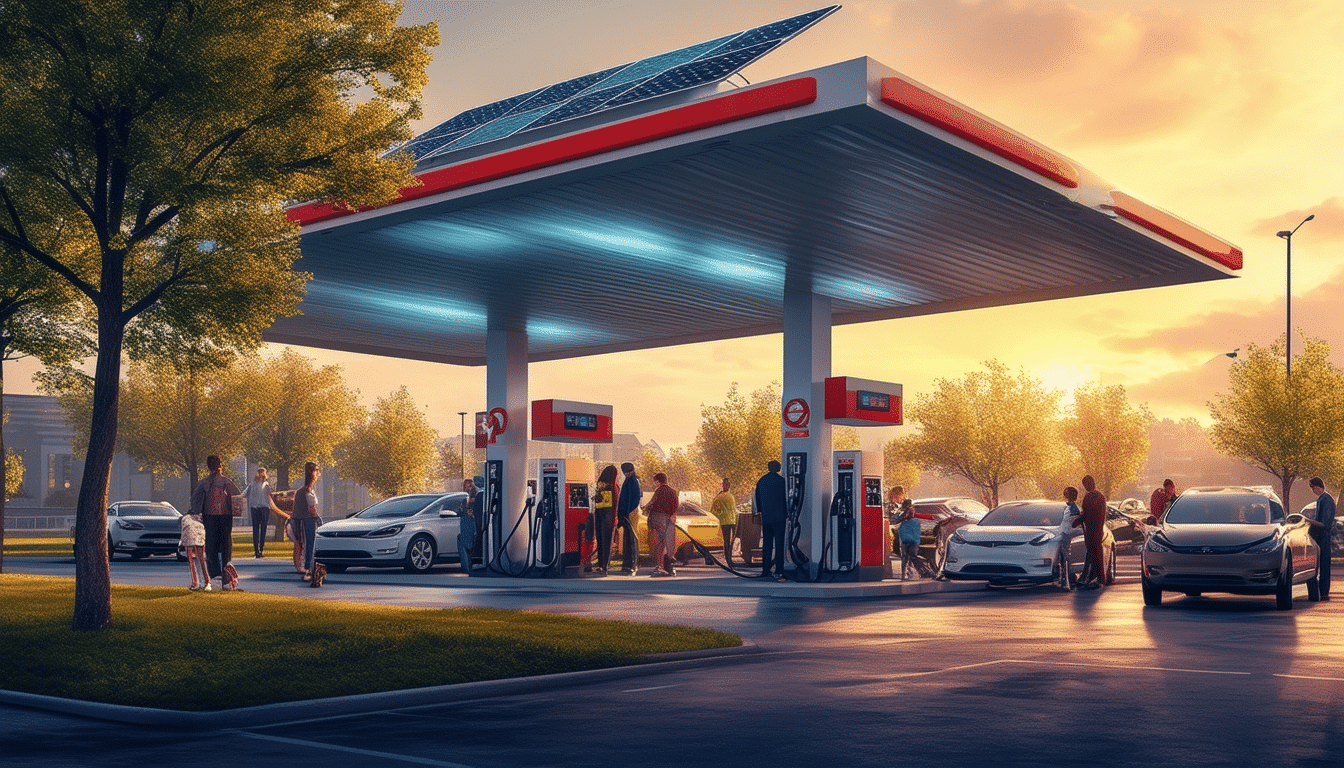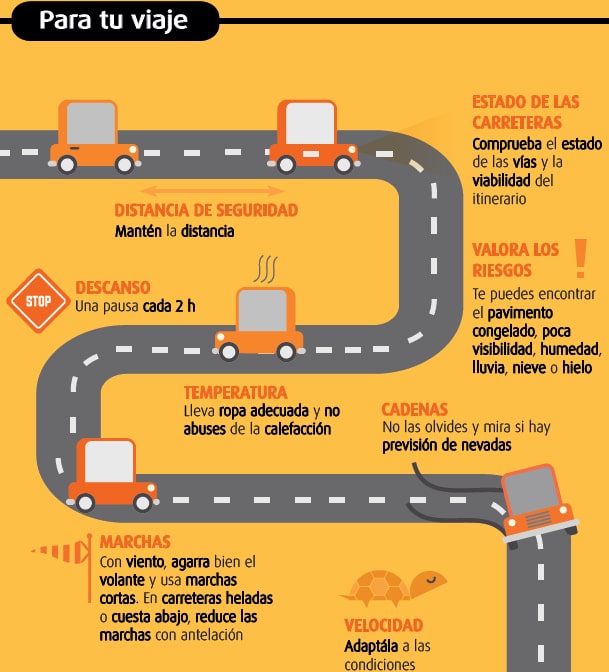Adieu to diesel: The ban on its sale at certain gas stations marks a new beginning

The world of mobility is experiencing a crucial transformation with the ban on the sale of diesel at certain gas stations. Since October 1, the restriction has begun to impact numerous drivers, marking a significant step towards a transition to cleaner fuels. This change, in effect in key areas such as the outskirts of Paris, represents an important effort to reduce dependence on fossil fuels and accelerate the shift towards more eco-friendly transportation methods.
The transition to cleaner mobility has taken an important turn with the recent ban on the sale of diesel at several gas stations in Paris. Starting October 1, 2024, four gas stations located at the boundaries of the French capital have stopped supplying diesel, affecting numerous drivers. This measure reflects a continued commitment towards reducing emissions, aiming for a future where diesel and gasoline cars will be a thing of the past. This change sets a precedent that will expand to other cities and regions, in preparation for upcoming restrictions at the European level.
A measure in effect since October
The historic ban that came into effect on October 1 specifically affects four TotalEnergies gas stations in Paris. This change marks the first step in a series of restrictions aimed at encouraging drivers to adopt more sustainable alternatives. Attention now focuses on how quickly drivers can adapt to these new rules and what implications this will have for them.
The European context: 2035 as a deadline
At the European level, the ban on new vehicles powered by fossil fuels will be implemented starting in 2035. In Spain, it is expected that by 2040 the sale of this type of vehicle will be completely stopped, thus driving the transformation of the automotive sector towards a more sustainable approach. This timeline provides a sufficient time frame to adapt to the regulations, fostering a gradual change in fuel consumption habits.
The impact on drivers
The transition involves a significant adjustment for many drivers, especially those who depend on diesel for their vehicles. With the restrictions at gas stations, the need to consider alternative options such as hybrid or electric cars becomes more pressing. The advantages of buying a hybrid car are numerous, including lower emissions and tax benefits. Interested drivers can read more about the advantages of hybrids compared to traditional vehicles.
Innovations in the automotive sector
The automotive sector is not just responding to regulations but is also getting ahead of them with surprising innovations. Recently, images of the new Audi Q5 2025 with a plug-in hybrid engine have been revealed. In addition, Toyota confirmed the arrival of the much-anticipated Supra with a V8 engine, demonstrating how the market is in constant evolution. For those interested, it may be useful to explore other transport innovations that will redefine the future of mobility.
Looking towards the future
The ban on diesel at certain gas stations is a milestone, but also a catalyst for broader change. With the increase in demand for electric vehicles, it is crucial to consider how this will affect charging infrastructures, their availability, and the costs associated with the transition. Those interested in acquiring electric vehicles can check the cost of electric vehicles and explore options such as the Toyota electric line.
A step towards a sustainable future
The ban on the sale of diesel at several gas stations marks a clear transition towards a cleaner and more sustainable mobility model. This measure, discussed for years, symbolizes a significant milestone in the fight against pollution and climate change. Starting October 1, 2024, some service stations in Paris have ceased dispensing this fuel, in an effort to reduce dependence on fossil fuels.
The effects of this new measure are already beginning to be felt among numerous drivers who will have to look for more eco-friendly alternatives. This step not only seeks to promote the use of electric and hybrid vehicles but also aims to generate a change in the population’s mindset towards responsible and sustainable consumption.
In addition to the positive environmental implications, this transition poses a significant challenge for both energy companies and consumers. Gas stations will have to adapt to this new reality, integrating technological advances that allow them to supply vehicles with clean energy. Likewise, drivers will face the dilemma of upgrading their vehicles or changing their mobility habits.
It is also crucial to recognize the role of regulators and international cooperation in this change. In light of the European Parliament’s intention to ban the sale of new combustion engine vehicles starting in 2035, this recent gas station ban can be seen as a prelude to a global transformation in the automotive sector.
Finally, this change is not limited to the realm of transportation. It will drive innovation and development in related sectors, from the design of charging infrastructures to research in renewable energies. The transition to cleaner fuels is a crucial piece on the path towards a more environmentally responsible society and brings us closer to a future where respect for the planet is an undisputed priority.






